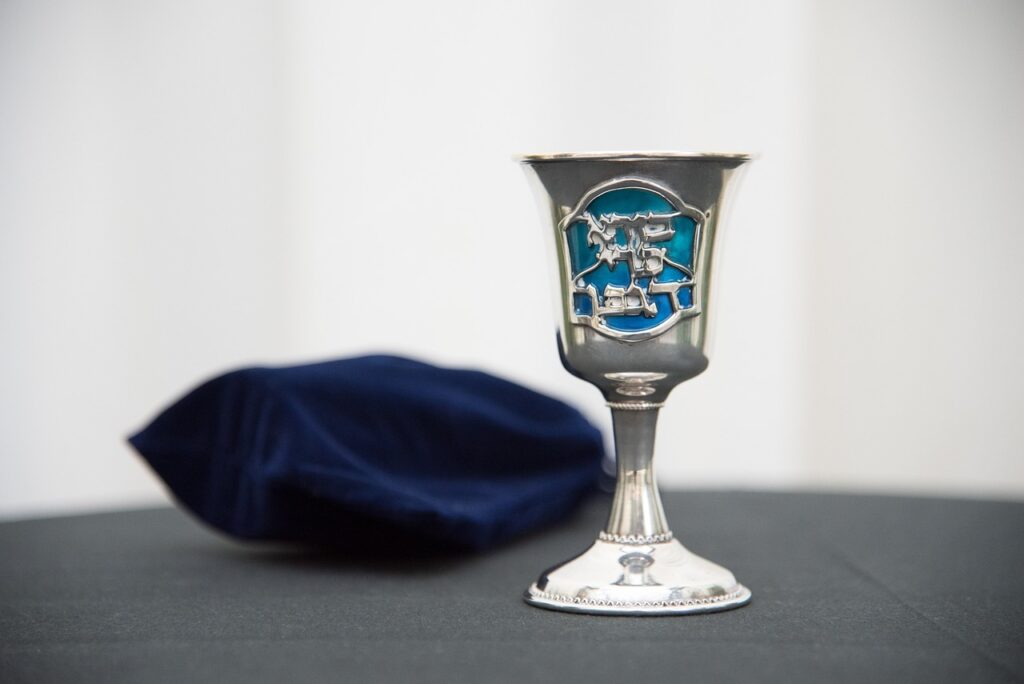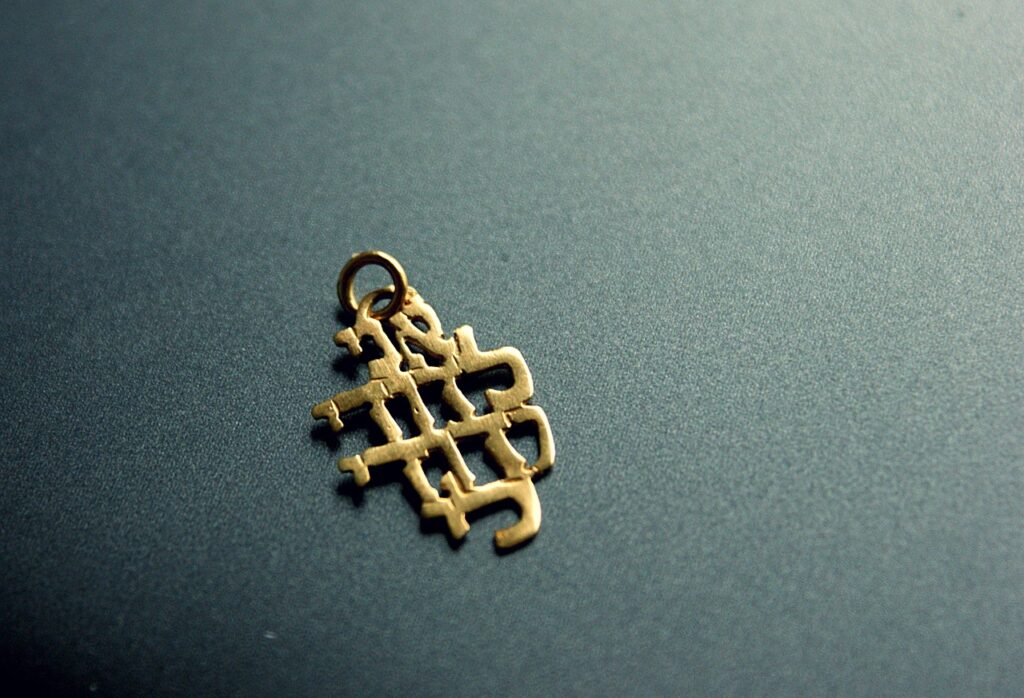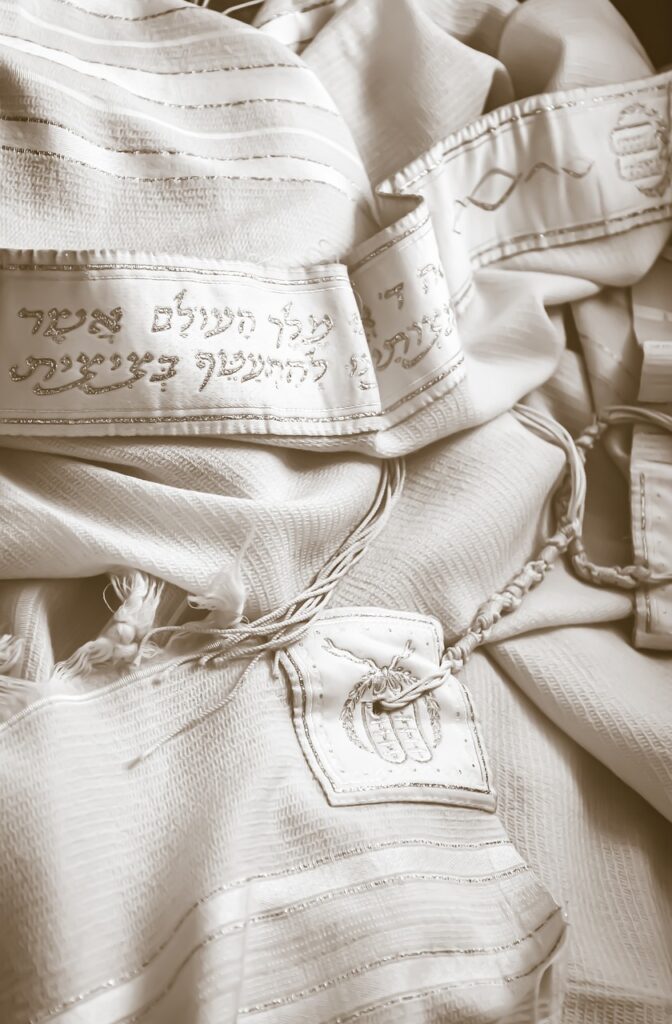
Jewish weddings are joyous and meaningful occasions that unite couples in a sacred bond under the Chuppah (wedding canopy). Rooted in rich traditions and steeped in symbolism, Jewish marriage customs celebrate the love, commitment, and shared faith of the couple. Join us on this enchanting journey as we explore the time-honored customs, profound symbolism, and cherished rituals that make Jewish weddings truly special and unforgettable.
- The Ketubah: A Contract of Love and Commitment
The Jewish wedding ceremony commences with the signing of the Ketubah, a beautifully decorated marriage contract. This document outlines the couple’s responsibilities to each other, emphasizing their commitment to love, honor, and support one another throughout their lives. The Ketubah serves as a reminder of the sacred bond they are about to form and reflects the importance of trust and mutual respect in their marriage. - The Veiling of the Bride: A Symbol of Modesty and Humility
Before the wedding ceremony, it is customary for the bride to be veiled by the groom or a close family member. This tradition finds its roots in the biblical story of Jacob and his marriage to Rachel. The veiling symbolizes the groom’s recognition of the inner beauty and character of his bride, placing emphasis on the values of modesty and humility in their union. - The Chuppah: Sheltering Love and Divine Presence
The Chuppah, a wedding canopy, is the central element of a Jewish wedding ceremony. It symbolizes the new home the couple will build together and is reminiscent of the tents used by the biblical patriarchs and matriarchs. Under the Chuppah, the couple stands together, surrounded by family and friends, signifying the loving embrace of their new life as partners. It also represents the divine presence that blesses their union and witnesses their vows. - Breaking of the Glass: Remembrance and Hope
One of the most iconic moments in a Jewish wedding is the breaking of the glass by the groom. This act symbolizes the fragility of life and serves as a reminder of the destruction of the Temple in Jerusalem. The shattering of the glass represents the recognition of both joy and sorrow in life. It is also a call for the couple to be mindful of the world’s challenges and to bring compassion and healing to those in need. As the glass is broken, guests exclaim, “Mazel Tov!” to celebrate the couple’s union and to offer their best wishes for a joyous life together. - Seven Blessings (Sheva Brachot): A Blessing for Happiness
Following the breaking of the glass, seven blessings known as Sheva Brachot are recited over a cup of wine. These blessings offer praise to God for the creation of humanity and the sanctity of marriage. They symbolize the happiness and celebration surrounding the couple’s union, and they are a beautiful expression of the community’s support and love for the newlyweds. - Dancing the Hora: Spirited Celebrations
The Hora is a lively and exuberant Jewish dance that takes place during the wedding reception. Guests form a circle, holding hands, and dance together with joyous energy and spirit. The couple is often lifted on chairs, as family and friends celebrate their union with enthusiastic merriment. The Hora symbolizes the unity and shared joy of the community, as they come together to celebrate the couple’s happiness.

Jewish marriage traditions are a testament to the rich cultural heritage and spiritual significance of Jewish weddings. These customs, filled with profound symbolism and cherished rituals, unite couples in a sacred bond and reflect the enduring values of love, commitment, and faith. From the signing of the Ketubah, symbolizing their vows, to the breaking of the glass, acknowledging life’s complexities, Jewish wedding traditions add a unique and meaningful dimension to this momentous occasion.

As couples embark on their journey of love and partnership, they are surrounded by the warmth and support of their community, joining them in celebration and joy. Jewish marriage customs not only honor tradition but also offer timeless wisdom and guidance, fostering the foundation of a loving and enduring union. May these cherished traditions continue to be embraced and passed down through generations, enriching the lives of couples and communities with love, joy, and the blessings of unity.